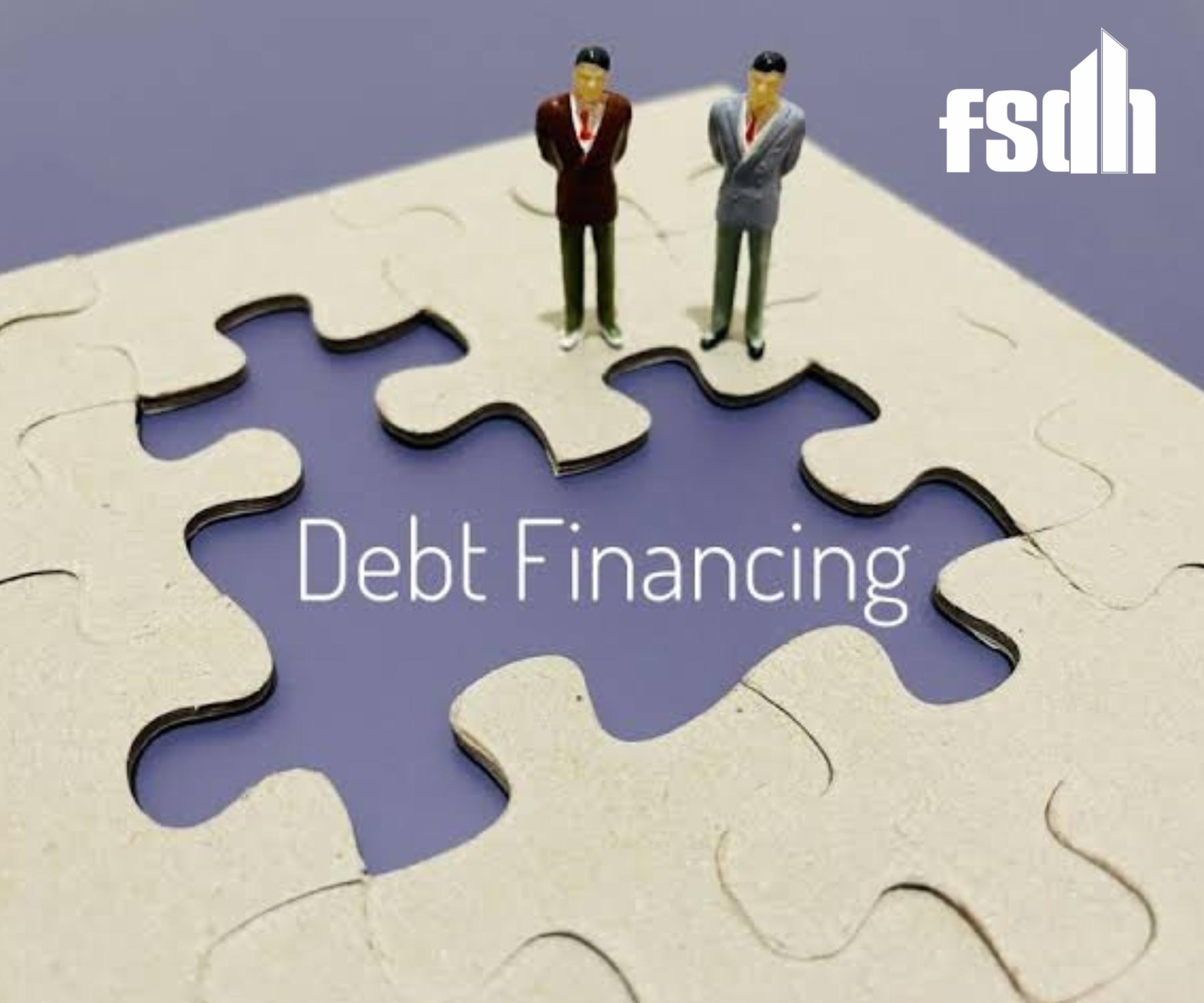Debt financing remains a vital tool for businesses and individuals in Nigeria seeking capital for growth. However, before taking on debt, understanding the risks, benefits, and market trends is crucial. This Nigeria debt financing guide explores available options, interest rates, and expert advice to help you make informed decisions.
Understanding Debt Financing in Nigeria
Debt financing involves borrowing funds from banks, financial institutions, or investors with an agreement to repay with interest. It provides businesses with capital without giving up ownership. However, the repayment obligations can impact cash flow.
Types of Debt Financing in Nigeria
Businesses and individuals have various debt financing options in Nigeria 2025, including:
- Bank Loans: Commercial banks offer short-term and long-term loans with varying interest rates.
- Bonds: Companies issue bonds to raise funds from investors, promising fixed interest payments.
- Trade Credit: Suppliers extend credit terms to businesses, delaying payments for goods and services.
- Microfinance Loans: Small businesses can access funding from microfinance banks with less stringent requirements.
- Government Loans & Grants: Programs exist to support startups and SMEs with lower interest rates.
- Asset-Based Financing: Businesses secure loans using equipment, inventory, or receivables as collateral.
Choosing the right type depends on your financial needs, repayment ability, and growth plans.
Debt Financing for Businesses in Nigeria
Businesses rely on debt financing for expansion, working capital, and operational costs. Debt financing for startups in Nigeria – what you need to know includes:
- Startups may struggle to secure traditional loans due to high-risk perception.
- Alternative financing sources like venture debt and peer-to-peer lending are gaining traction.
- Government initiatives support SME financing through CBN intervention programs.
Personal Debt Financing in Nigeria
Individuals seek loans for education, housing, and emergencies. Personal loan options include:
- Salary Advance Loans: Short-term loans repaid with salary deductions.
- Mortgage Loans: Long-term housing finance from commercial banks.
- Credit Cards: Offer revolving credit but come with high-interest rates.
Understanding loan terms helps avoid debt traps and financial distress.
Debt Financing Interest Rates in Nigeria
Interest rates vary by lender, loan type, and economic conditions. Factors influencing rates include:
- CBN Monetary Policy: Interest rate adjustments affect borrowing costs.
- Inflation Rate: High inflation leads to increased interest rates.
- Creditworthiness: Strong financial records attract lower interest rates.
Comparing lenders helps find the best debt financing options for your business in Nigeria.
Avoiding Debt Financing Pitfalls in Nigeria – Expert Advice
Many businesses face challenges managing debt. Key risks include:
- Over-Leverage: Excessive debt can strain cash flow.
- High-Interest Costs: Poor negotiation leads to expensive loans.
- Poor Financial Planning: Lack of repayment strategy causes defaults.
How to Navigate the Nigerian Debt Financing Market
To avoid pitfalls, follow these tips:
- Assess your repayment ability before borrowing.
- Compare lenders for favorable terms.
- Understand loan agreements and hidden charges.
- Seek financial advice from reputable institutions.
Market Trends and Financial Updates
Nigeria’s debt financing landscape is evolving. Key trends in 2025 debt financing options in Nigeria include:
- Increased adoption of fintech lending platforms.
- Government policies promoting SME-friendly loans.
- Lower interest rates for export-driven businesses.
FSDH Merchant Bank – Your Trusted Financial Partner
FSDH Merchant Bank in Nigeria provides tailored debt financing for businesses in Nigeria. With expertise in business banking, investment advisory, and capital raising, we help businesses access the right funding solutions.
Conclusion
Debt financing is a powerful tool when used wisely. Whether for business growth or personal needs, understanding the market, risks, and interest rates is crucial. Seeking expert guidance ensures smarter financial decisions.
Empower Your Financial Future with FSDH Merchant Bank! 🚀
Explore innovative banking solutions tailored for businesses and individuals. Start your journey to wealth creation today.
📩 Contact us today:
✉️ Email: [email protected]
📞 Phone: 02-012702880, 02-0170088
🌍 Visit: https://fsdhmerchantbank.com/ to experience banking redefined!



